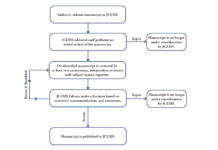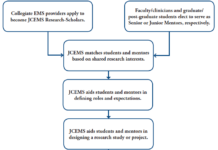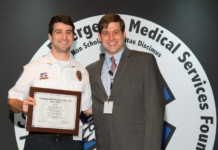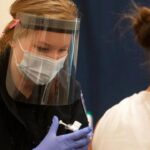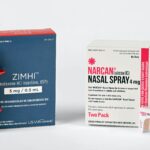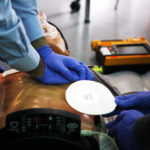Interview with Paul Halliday
JCEMS offers an exclusive interview with Case Western Reserve University (CWRU) EMS's former chief and innovative leader.
Peer Review of Collegiate EMS Scholarly Literature
JCEMS employs a double-blind peer review process to filter manuscripts for publication. We believe that the process minimizes bias, promotes fairness, encourages appropriate criticism, and strengthens the quality of submitted manuscripts.
The JCEMS Research Mentorship Program
JCEMS developed a Research Mentorship Program to build research capacity in the collegiate EMS community.
Interview with Oren Cohn
JCEMS Executive Editor Brittany J. Dingler offers an exclusive interview with the 2018 Collegiate EMS Provider of the Year.
Marketing Your EMS Experience
Collegiate EMS providers should leverage their experience in EMS to demonstrate their qualifications for employment or graduate education.


